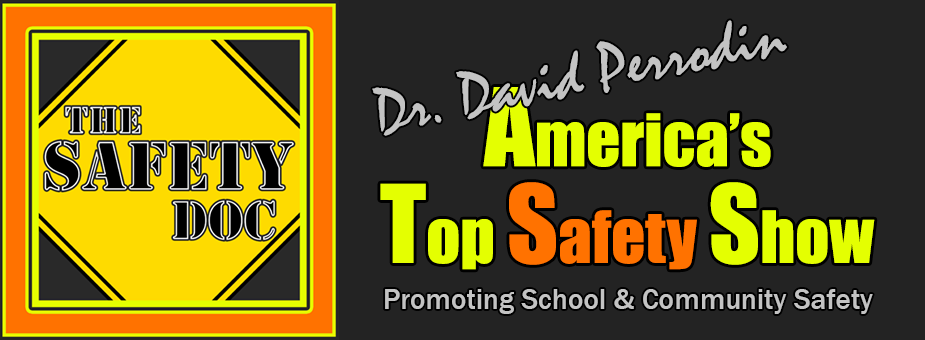Moral Distress versus Psychological Distress – Understanding & Healing Compounded Pain
Psychological distress vs. moral distress
In my role as a county critical incident debriefer, I encounter emergency responders processing psychological distress. This is a normal response to an unintentional traumatic event such as a person killed in an accident. Yet, a second form of distress infiltrates the minds of responders who have been subjected to a person that intentionally brought harm to self or others. This lesser known mental state is known as moral distress and involves the perceived violation of what we value as being good and sacred, such as human life or a beautiful park or lake. A suicide at a park, for example, might invoke moral distress.
While both a traffic death and suicide are both traumatic, the instantaneous passing of a life due to a vehicle accident can be reconciled by most responders. However, when a person takes his or her own life, responders might endlessly question why someone would chose to end life. In addition, the responders might be upset that the person’s willful act produced a horrific scene that might have unsettled an area valued as beautiful and serene, such as a park.
This happens in schools, too…
Moral distress can also be experienced, to a lesser degree, by teachers or students after a school bomb scare or school vandalism. Both of these incidents destabilize what is generally perceived to be a safe, stable environment. Because of this breach, accepting student authors of such acts can be incredibly difficult without conducting a comprehensive restorative meeting between the student, staff and peers. This is a delicate process that must be done by someone trained in restorative circles as a novice facilitator could rapidly experience a well-intentioned meeting slip into a forum that features the student as a receptacle for highly emotional catharsis of prepared statements delivered in angry tones.
When a traumatic event evokes both psychological distress and moral distress it is imperative that you address both emotions. Dealing with psychological stress helps people to move on in life. Addressing moral distress helps people to understand and restore community that includes the authors of such events.
